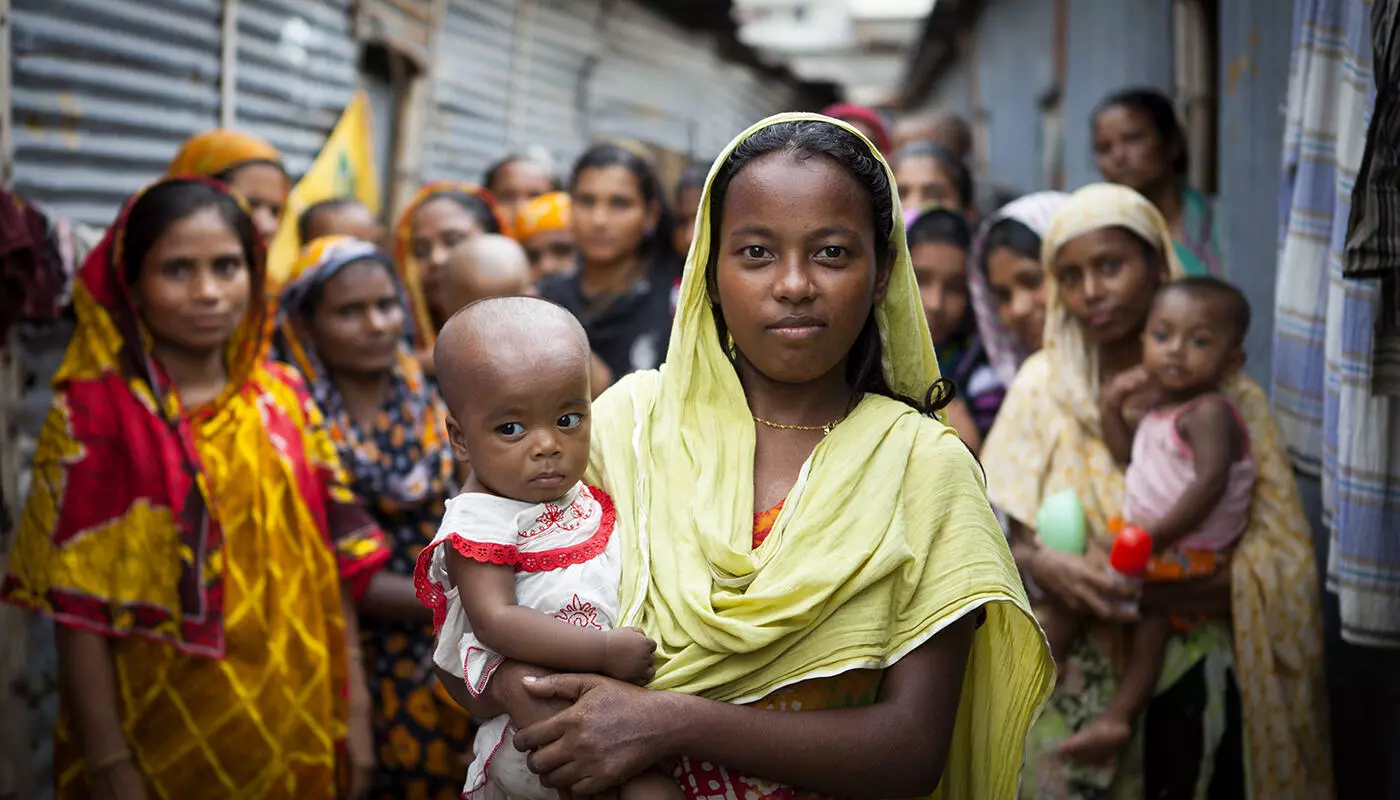
Court's brake on law enforcement's excessive zeal
text_fieldsThe Gauhati High Court while granting bail to a few petitioners on Tuesday made a few oral remarks containing some significant observations regarding the state's overzealous actions. It was a judgment allowing the anticipatory bail plea of nine accused under the Prohibition of Child Marriage Act. And the judge questioned the application of the POCSO Act for violating the Prohibition of Child Marriage Act. On February 3, Assam Police arrested around 3,000 people allegedly linked with child marriage and imprisoned them. This sparked protests by women who decried the arrest of the sole breadwinners of their families. The intervention of the court was came in response to their plea. It is also unclear whether legal protection will be available to the countless people who are unable to approach the High Court with their petitions. However, it is clear that the abrupt police action against child marriage had a strong socio-political bias with the support of the state, and that the majority of the accused belonged to minority communities. Himanta Biswa Sarma, the chief minister of Assam, while announcing the police action had also stated that the fight against this social evil would continue.
Justice Suman Shyam's verbal observations condemning the government's crackdown came while considering the petition against the violation of the law that took place years ago. The judge in effect warned the law enforcement agencies against their over-enthusiasm. “If marriage is taking place in violation of Law, the law will take its own course. These cases have been happening since time. We will only consider if immediate custodial interrogation is required or not. At this moment, this court thinks that these are not matters for custodial interrogation…These are not NDPS, smuggling, stolen property cases.” The court also questioned the propriety of imposing POCSO on those arrested when the government argued that it was a serious crime. The court opined that the government can proceed with the investigation and if the accused are found guilty, they should be punished. This is causing havoc in the private lives of people, there are children, family members, and old people involved, the judge said. The court added that child marriage is a bad idea and observed that these are not instances which require custodial interrogation. Justice Shyam also enquired why Section 376 of the Indian Penal Code, which deals with rape, had been invoked against an accused. The court wondered if there was an allegation of rape here and granted anticipatory bail in this matter.
The incident's underlying argument is how callously and impertinently the country's law enforcement agencies imprison its citizens. Reports say that cases were filed against 4,000 people, and out of those, around 3000 have been detained and put in temporary prison camps. Everyone is aware of how difficult life is in regular prisons, so one can only imagine how temporary detention facilities must be. Those who are imprisoned have their own human rights, especially in undertrial detainees, even though these rights may not be so easily achievable in the Indian legal system. Nevertheless, one must also consider what sort of threat these poor individuals pose warranting their being taken in such large numbers and put behind bars prior to trial. Those who were taken into custody under the Prohibition of Child Marriage Act, were the men who got married, their facilitators and those who solemnised the marriage. The practice of child marriage prevails in most societies due to age-old tradition, as well as under socio-economic compulsions. It is true that the practice has its negative impacts and that it erodes progressive advances and often disrupts healthy family systems. But it is equally true that the current legal and scientific validity of the minimum marriage age set in India is being debated and that it is not a universal rule. Law enforcers and political leaders of the state that control them must comprehend that such laws cannot be put into effect overnight without taking into account the sociological and psychological aspects involved or without first preparing the ground. One can only hope that the Gauhati High Court's ruling will make the Assam government be seized of these aspects before proceeding further.








